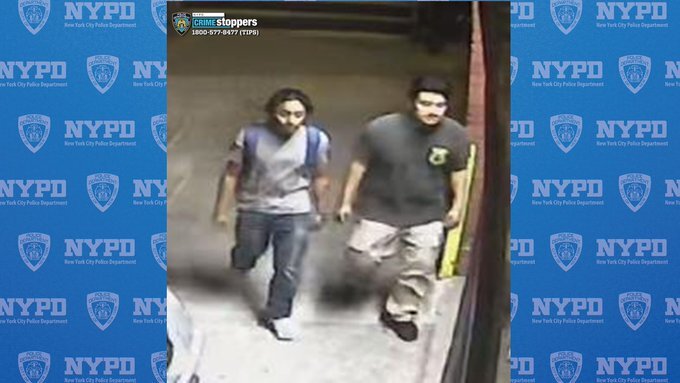By Rich Bockmann
It has been nearly 5 1/2 years since the killing of Sean Bell threw a spotlight on the tensions between the NYPD and the communities it serves, but voices from southeast Queens said the relationship still is strained after the firing of the detective who fired the first of 50 shots and the forced resignations of three other officers.
Detectives Michael Oliver and Marc Cooper resigned from the department Monday after the NYPD announced last week they would be asked to retire with their pensions and benefits.
Lt. Gary Napoli, who was on the scene the night of Nov. 25, 2006, but did not fire a shot, was also asked to retire with his pension and benefits.
Detective Gescard Isnora, another member of the undercover operation who fired the first round of shots, was dismissed without his pension.
Speaking on the phone from the Sean Elijah Bell Community Center, which opened almost a year ago in Jamaica, William Bell said he disagreed with the NYPD’s decision on the future of the men who killed his son.
“I’m not really satisfied, but I have to deal with it,” he said, adding he did not sympathize with some people who said the cops should have been able to stay on the force.
“They said they shouldn’t have lost their jobs. The way I see it, I shouldn’t have lost my son,” he said.
Bell had been celebrating his bachelor party with friends Joseph Guzman and Trent Benefield at the Kalua Cabaret the night he was killed.
In his October 2011 testimony at the internal NYPD trial, Isnora said that though Bell and his friends were unarmed, he believed Guzman was going to the car to retrieve a gun.
After Isnora opened fire, Oliver and Cooper followed with 31 and four shots, respectively. Napoli had been the commanding officer of the undercover team that was investigating suspected drug and prostitution operations at the strip club the night of the shooting.
Isnora, Oliver and Cooper were found not guilty in a 2008 criminal trial by a judge, and the city later settled with Bell’s relatives and friends for $7.15 million in a civil trial.
William Bell said that while he recognized and appreciated the role police play in his community, he believed there exists a systemic disconnect between the department and the people they are sworn to protect.
“It’s a 50-50 situation. We need law and order,” he said.
“I think it’s the way they train them. It seems like there’s no communication between them and the public. They forget they’re human, too. They don’t look at it that way. It seems like they’re above the law,” he said. “Some of them, not all of them.”
The Detectives Endowment Association could not be reached for comment.
Leroy Gadsden, president of the Jamaica branch of the NAACP, said he thought Police Commissioner Ray Kelly and Mayor Michael Bloomberg missed an opportunity to mend the relationship between the NYPD and the public.
“How do we reward conduct that resulted in the killing of a citizen? That left children behind without a father, a lady without a husband, parents without a son?” he asked. “It begins with the mayor and the commissioner. They are the power holders in this tension relationship.”
He said that in order to move forward, it is essential for those in the highest positions of power to initiate moves that foster cooperation, respect and trust between communities and police.
“I’m afraid this might cause a hostile reaction to the police, and that’s not a good thing,” he said. “We need the police to protect our communities.”
City Councilman Leroy Comrie (D-St. Albans) said the relationship between law enforcement and citizens has always been a tenuous one, and added he felt NYPD Chief of Community Affairs Philip Banks is genuinely trying to ease the tension.
“I know the police are trying harder to do outreach and reach out to the community,” he said. “It’s always an evolving and difficult issue.”
William Bell said that while police matters were out of his hands, he would continue to help his neighbors through the community center bearing his son’s name, at 107-52 Sutphin Blvd.
“I’m trying to keep his name alive as long as I can,” he said. “I’m trying to help the community.”
Reach reporter Rich Bockmann by e-mail at rbockmann@cnglocal.com or by phone at 718-260-4574.



































